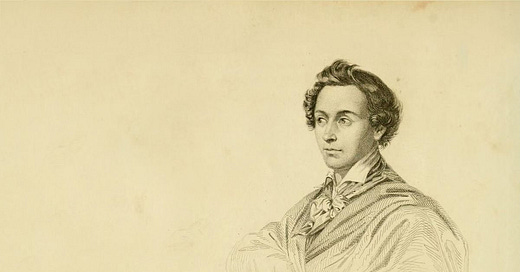It is thirteen degrees below zero in Minneapolis. Our sliding glass door has frozen shut. This is one of those domestic damned if you do-s: we never quite have the money to replace the door with something that seals and therefore lowers our heating bills, but whenever the temperature drops below zero the double layer of glass creates a condensation sp…
Keep reading with a 7-day free trial
Subscribe to Gristle and Bone to keep reading this post and get 7 days of free access to the full post archives.



